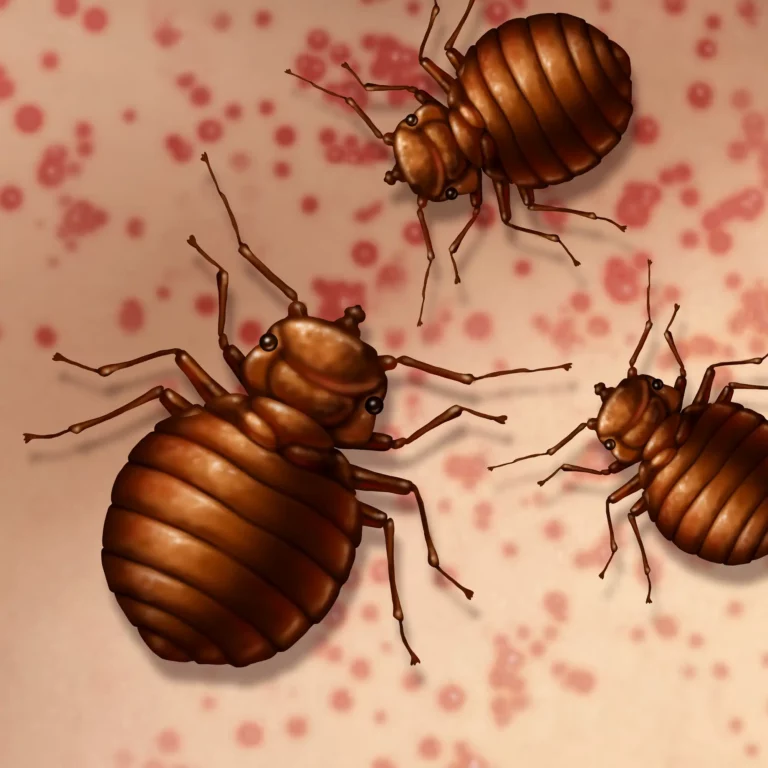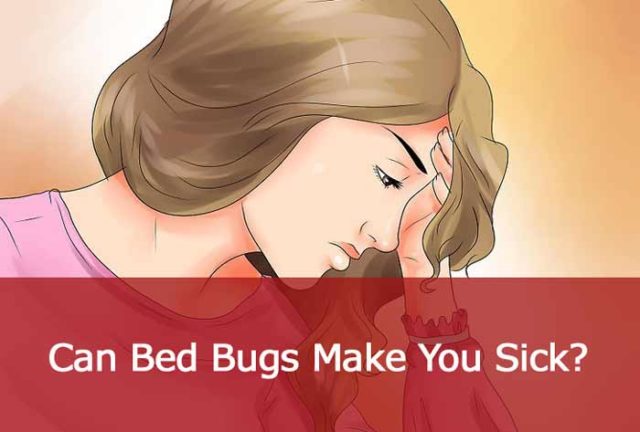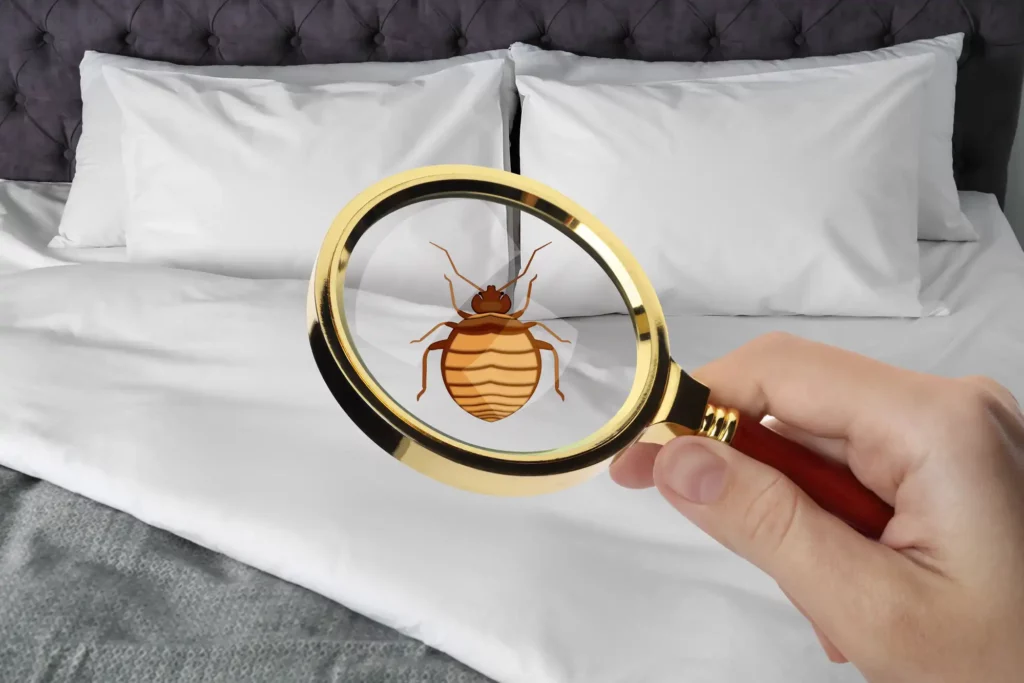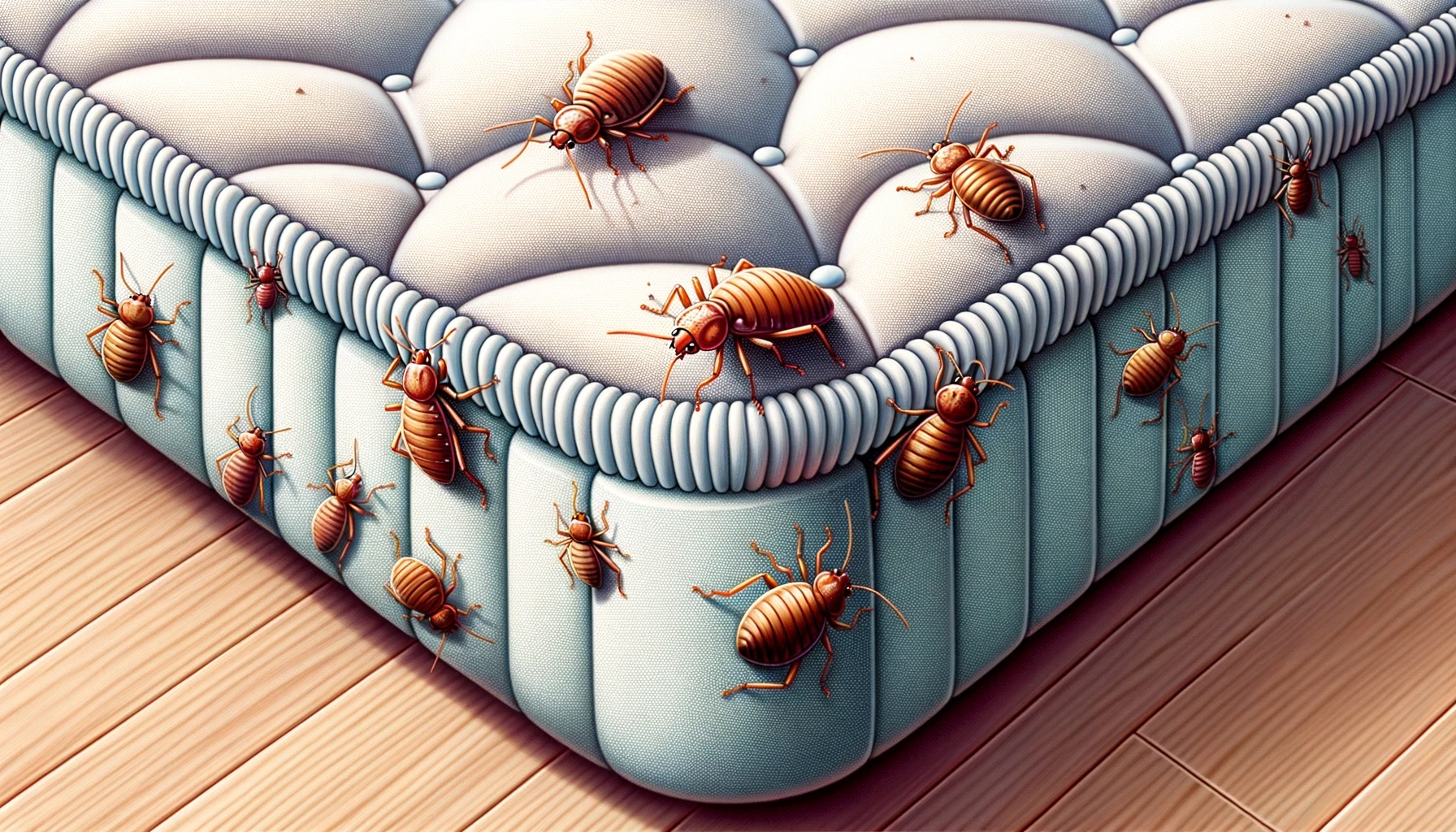Can Bed Bugs Make You Sick? The Surprising Truth
Bed bugs. Just the name conjures images of sleepless nights, itchy welts, and a general sense of unease. While they’re notorious for their blood-sucking habits, a common question arises: Can bed bugs actually make you sick? The answer, as with most things in biology, is complex. This article delves into the surprising truth about the health impacts of bed bugs, separating fact from fiction and providing a clear understanding of the risks involved.
The Bite and the Itch: Immediate Reactions
The most immediate and well-known effect of a bed bug infestation is the bite itself. While the bite doesn’t transmit diseases in the same way as mosquitoes or ticks, it can trigger a variety of reactions:
- Skin Irritation: The primary symptom is itchy red welts. These often appear in a line or cluster, typically on exposed skin like the arms, legs, and torso.
- Allergic Reactions: Some individuals are more sensitive and experience more severe reactions, including:
- Swelling: Around the bite site or even more extensively.
- Hives: Raised, itchy welts that can spread across the body.
- Severe Itching: Leading to scratching, which can break the skin and increase the risk of secondary infections.
- Psychological Distress: The knowledge of being bitten by bed bugs can cause significant anxiety, stress, and sleep disturbance.
Beyond the Bite: Potential for Secondary Infections and Other Health Concerns
While bed bugs are not known to directly transmit diseases, their bites and the resulting scratching can lead to secondary health problems:
- Secondary Skin Infections: Constant scratching can break the skin, creating an entry point for bacteria. This can lead to infections like impetigo or cellulitis.
- Anemia (Rare): In severe infestations, where bed bugs feed on a large amount of blood over a prolonged period, anemia (a deficiency of red blood cells) can occur, particularly in children and individuals with pre-existing health conditions.
- Allergic Reactions and Anaphylaxis (Rare): In extremely rare cases, individuals can develop severe allergic reactions, including anaphylaxis, which requires immediate medical attention.
- Psychological Impact: As mentioned earlier, the presence of bed bugs can lead to significant psychological distress, including:
- Anxiety and Stress: Worrying about being bitten and the difficulty in eradicating the infestation.
- Sleep Disturbances: Difficulty sleeping due to the bites, itching, and the psychological impact of the infestation.
- Social Isolation: Feeling ashamed or embarrassed to have bed bugs, leading to social isolation.
Preventing the Spread and Minimizing Health Risks
Preventing bed bug infestations and addressing them promptly is crucial for minimizing potential health risks:
- Regular Inspection: Inspect your home, especially your mattress, bed frame, and furniture, for signs of bed bugs (small, reddish-brown insects, tiny eggs, or fecal spots).
- Travel Precautions: When traveling, inspect hotel rooms for bed bugs before unpacking. Keep luggage off the floor and away from the bed.
- Professional Help: If you suspect an infestation, contact a qualified pest control professional for treatment.
- Avoid Scratching: Resist the urge to scratch the bites. Apply a topical anti-itch cream or take an antihistamine to relieve the itching.
- Cleanliness: Wash bedding, clothing, and other potentially infested items in hot water and dry them on high heat.
- Vacuum Regularly: Vacuum frequently, paying attention to cracks and crevices where bed bugs may hide.
The Bottom Line: Bed Bugs and Your Health
While bed bugs aren’t known to transmit diseases directly, they can certainly impact your health. From the immediate discomfort of bites and allergic reactions to the potential for secondary infections and psychological distress, a bed bug infestation is a serious concern. Taking proactive steps to prevent infestations, recognizing the signs, and seeking professional help when needed are crucial for protecting your health and well-being.
Frequently Asked Questions (FAQs)
1. Do bed bugs carry diseases?
No, bed bugs are not known to transmit any diseases to humans. However, their bites can lead to secondary infections if scratched.
2. What does a bed bug bite look like?
Bed bug bites typically appear as small, red, itchy welts. They often appear in a line or cluster and can be mistaken for mosquito bites or other insect bites.
3. Can bed bugs cause psychological problems?
Yes, the presence of bed bugs can cause anxiety, stress, and sleep disturbances. The constant worry about being bitten and the difficulty in eradicating the infestation can significantly impact mental health.
4. How do I know if I have bed bugs?
Look for small, reddish-brown insects, tiny eggs, or fecal spots (small, dark specks) on your mattress, bed frame, and surrounding furniture. You may also notice itchy bites on your skin.
5. Should I try to treat bed bugs myself?
While some over-the-counter treatments are available, bed bug infestations are often difficult to eradicate completely without professional help. Contacting a qualified pest control professional is generally recommended for effective and long-lasting results.




